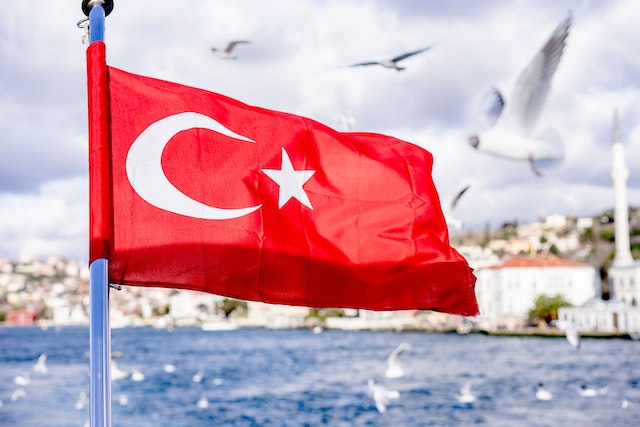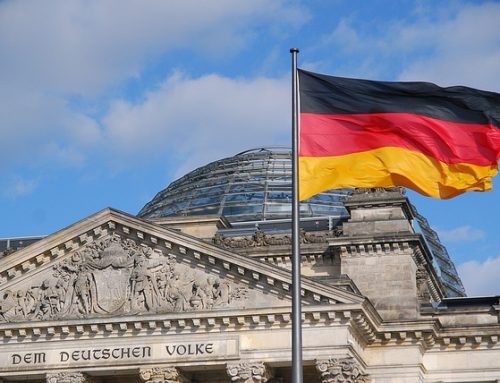Türkiye has substantially increased available corporate fines for foreign bribery and made state-owned enterprises liable for this crime, but its failure to pursue foreign bribery cases raises serious concerns. No individual or company has ever been held liable for bribing foreign officials. Most allegations have not been investigated at all. Judicial and prosecutorial independence has deteriorated, which may affect foreign bribery enforcement. These concerns are heightened as Turkish firms expand their activities in countries and sectors at high risk for corruption, including defence and construction.
The 46-country OECD Working Group on Bribery in International Business Transactions has just completed its Phase 4 evaluation of Türkiye’s implementation of the OECD Convention on Combating Bribery of Foreign Public Officials in International Business Transactions, to which Türkiye is a Party, and related instruments.
The report details other longstanding and new concerns. For 17 years, Türkiye has failed to implement a recommendation to protect whistleblowers. It failed to detect almost all foreign bribery allegations reported by the media. Censorship of the press and investigative journalism may hinder the identification of potential foreign bribery offences. The law on corporate liability remains ambiguous on whether a natural person prosecution and conviction is required. There is no national strategy to fight foreign bribery, despite the significant size of Türkiye’s economy and level as well as destination of exports.
The Working Group, among other things, recommends that Türkiye:
- Proactively detect, investigate, and prosecute foreign bribery allegations.
- Assign responsibility for pursuing foreign bribery offences to a specific prosecutorial unit.
- Ensure the independence of the judiciary and prosecutors from improper influence in foreign bribery cases.
- Further improve corporate liability legislation and enforcement.
- Adopt whistleblower protection legislation and a national strategy to fight foreign bribery.
The report also highlights some progress. Türkiye has improved its framework for mutual legal assistance and extradition. It ratified an international convention for exchanging and using tax information in criminal bribery investigations. Staff of its export credit agency and foreign affairs ministry are now required to undergo foreign bribery training. Anti-money laundering regulation and company transparency have been strengthened.
The Working Group adopted the report on Türkiye on 13 June 2024 as part of the Working Group’s fourth phase of country monitoring. The report includes an overview of specific legal, policy, and institutional features of Türkiye’s framework for fighting foreign bribery and recent enforcement activity. Pages 60-66 of the report contain the Working Group’s recommendations to Türkiye. Türkiye will submit a written report to the Working Group within two years (June 2026) on its implementation of all recommendations and its enforcement efforts. This report will also be publicly available.
Source: OECD
Legal Notice: The information in this article is intended for information purposes only. It is not intended for professional information purposes specific to a person or an institution. Every institution has different requirements because of its own circumstances even though they bear a resemblance to each other. Consequently, it is your interest to consult on an expert before taking a decision based on information stated in this article and putting into practice. Neither Karen Audit nor related person or institutions are not responsible for any damages or losses that might occur in consequence of the use of the information in this article by private or formal, real or legal person and institutions.






